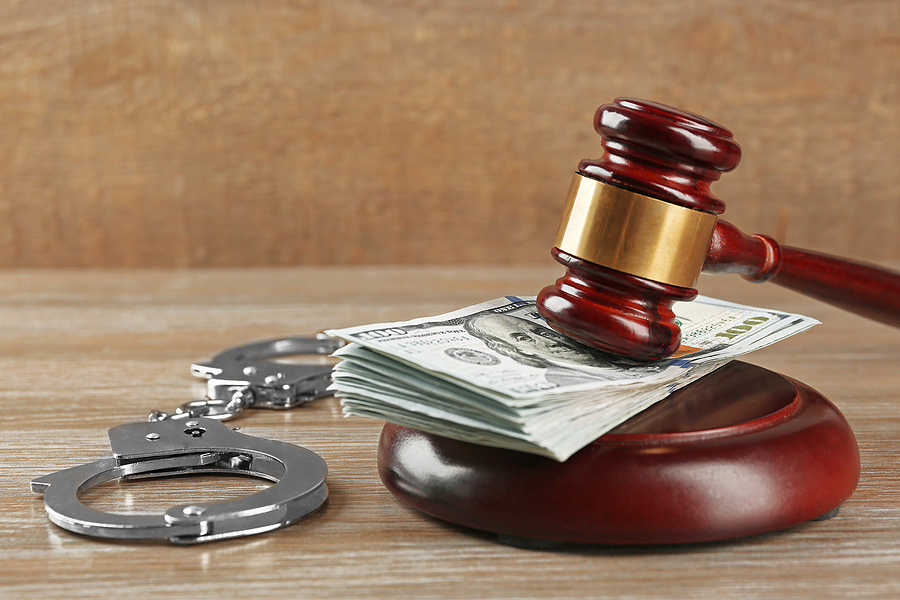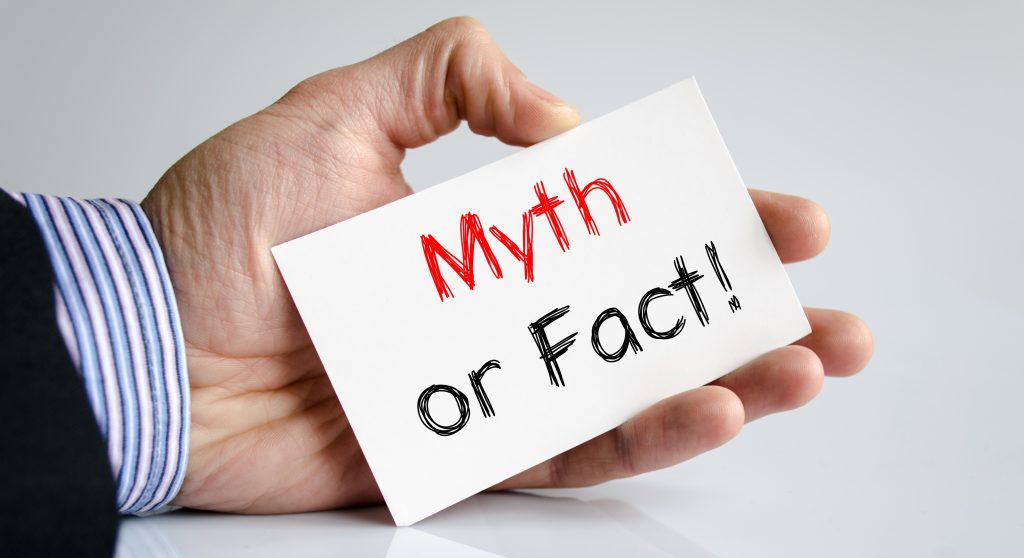When someone is arrested and held in jail, posting bail can be one of the best ways to get released quickly and return home. But bail bonds come with a variety of costs and fees that may not be immediately obvious. It’s important for anyone considering using a bail bond to understand these costs so they can make an informed decision about their financial situation.

The Facts About Bail Bond Prices and Fees
A bail bondsman provides the funds necessary to post bail when an individual doesn’t have enough money on hand. In exchange for this service, the defendant pays a fee, usually between 10 percent and 15 percent of the total amount of bail required by the court, to cover administrative costs associated with securing a bond from an insurance company or other collateral provider. The fee is non-refundable regardless of whether or not the case ends up going to trial or being dismissed. In some cases, additional fees may also apply, such as monthly monitoring fees if you are released on house arrest while awaiting your trial date.
In addition to the fee required to secure a bail bond, some states may also require collateral, such as a lien against property, vehicles, jewelry, or other valuable, personal items. The amount of collateral will depend on the individual circumstances and risk associated with the case. In most cases, when the defendant appears for all court dates and complies with all conditions of release, the collateral will be returned.
Use Bail Bonds to Your Advantage
Bail bonds can be a great tool for getting individuals out of jail quickly and with minimal financial burden. But it’s important to understand all costs and fees associated with bail bonds before making any decisions. Taking these factors into account can help ensure that you’re able to make an informed decision about your financial situation and the best way to secure bail.
How to Find a Good Bail Bond Agent
Relying on the help of an experienced bail bond agent may be your best option. Looking online or asking around could be a great place to start. Resources such as the clerks’ office, county courthouses, and local organizations can provide you with information about reliable bail bondsmen. Furthermore, online forums can aid in connecting you with people who have gone through similar experiences. Ask as many questions as you need in order to ensure that the bail bond service is one that you can trust.
Once you find an experienced bail bond company, investigate more into the services they offer and their customer testimonials so that you officially feel confident in your decision. Keep communication with your agent open, concise, and friendly throughout the duration of the process; this will foster a mutually understanding relationship and show initiative to resolve any issues that might arise over time.
Need to secure a speedy release from jail in Indiana? Look no further – we have the ideal bail bondsman for you! Contact Woods Bail Bonds at 317-876-9600 for trusted 24 hour bail bond services in Indianapolis, Indiana. We serve over 30 counties throughout the state. Request a free estimate or information, anytime.
Related Posts:
What is the Difference Between Surety VS Cash Bonds?
What If I Cannot Post Bail After an Arrest?
Understanding the Laws Surrounding Bail Bonds in Indiana




